Yasha Ramchandani is a film editor based out of Mumbai. A grandchild of partition, she was born and brought up in Jaipur, Rajasthan. She is an alumnus of the Film & Television Institute of India, Pune, where she specialised in Film Editing. Her diploma film, Kaun Kamleshwar (directed by Anurag Goswami) won the Satyajit Ray Foundation award at London Indian Film Festival in the year 2013. She has since edited feature films, web series, documentaries, short films and commercials. Her most recent works are Article 15 (2019) and Thappad (2020) that is currently running in theatres. Her IMDB Profile is here.
As a child what were your early influences towards cinema? Art, literature, graphics, photography?
I grew up with bed-time stories. My mother and grandmothers would tell stories of princesses and paupers and gods and goblins to put us to bed. It was a precious ritual. Then as soon as I learned to read, they subscribed for me magazines full of children’s stories… Nandan, Champak, Bal-hans. My mother, who herself enjoys reading, on her way back from work, would get me and my sisters picture and activity books. Those have to be my earliest influences in story-telling, and we’d save pocket money to get comics on rent, where I discovered the joy of visual narratives. My school, St. Angela Sophia, Jaipur had mini-libraries in each classroom and in free periods we could borrow books and read in class. And they’d give books for prizes to the class toppers. My first two prizes were Hansel and Gretel in Class 1 and Alice in Wonderland in Class 2. Books still remain my most prized possessions and stories, both written and told, the earliest influences. Also, my dad is fond of photography and music. He used to sing Hindi film songs and record them on audio tapes on Sundays. All of it, I’m sure, subconsciously seeped in.
How did you first become interested in film editing?
I did my graduation in Media and Mass Communication from Indraprastha College, Delhi University. The course was designed such that we studied six new media-related subjects every semester including radio, advertising, media law, video production etc. It was a pretty hands-on course where we tried our hands at scripting, directing, camera-work, editing.. everything. I very naturally took to editing. We also had a film appreciation class every Friday where our professor, Mr. Vikrant Kishore, introduced us to world cinema… the classics of Bergman, Hitchcock, Godard as well as more recent works. No Man’s Land was one of the first films we watched in class and I was blown away. This was back in 2003, the days of cyber cafes, when these films were still not very accessible at all. Our only legitimate sources were the video libraries at the BCL and of the French Cultural Centre in Delhi, where we’d sit and watch these films on VHS tapes at their video booths. FCC also lent out mini DV tapes of French Classics and I remember watching Truffaut’s 400 Blows on a mini DV camera huddled between friends at the college studio. It might be inappropriate to confess, but I also have to thank the pirated DVD market at Palika Bazar, Delhi for my initial education in World Cinema. That’s how I gravitated towards films and hence towards the FTII.
What steps did you take to train yourself?
In college, I was just exhilarated with these discoveries. Consciously, my training began at the FTII, where I specialised in Film Editing. The most enriching part of the FTII years were the evening film screenings at Main Theatre/ NFAI and the library which is a priceless treasure for those who care for it. All the films and the reading and the discussions that followed at the Wisdom Tree and the canteen, expanded the mind and the imagination and shaped our world view. I’m also particularly grateful for our training on Steenbeck. Ancient as that might make me sound in 2020, I think it gave us a rock solid foundation and made editing very tactile for me. Moving from the Steenbeck to the cutting table to the winding table made it a physical experience and gave pauses to think, which became a part of my editing process and I’m always trying to hold on to these thinking breaks in this age of digital.
Have you assisted anyone? How does it help one?
The first film I worked on was Go Goa Gone on which I assisted Arindam Ghatak. This was the point where our filmmaking was at the cusp of transitioning from shooting on film to shooting fully digital. Go Goa Gone was amongst the first mainstream films to be shot fully on digital. Arindam was a tough boss and he left it to me to figure all these newly shaping workflows. I was fresh out of FTII and it did make me nervous but once I figured the workflows and applied them, it made me more confident about my place in the larger scheme of things and that was my biggest takeaway from Go Goa Gone. (Apart from working in Goa! And having the days to myself because I was clocking nights while Arindam worked in the day.) The digital way of things was making way for edits happening on-location, which was very exciting to me. I loved the energy of shoots, still do. So on my next film, Gippi, on which I assisted Shan Mohammed, I was editing in Shimla where the film was being shot and Shan himself was working out of Bombay. That gave me a certain understanding of how to work in tandem with the director and how to work fast- because I had to sync-sort-line up edits and stay abreast with the shoot, very different from our leisurely film school ways. Shan was a very kind boss, and he’s a methodical, disciplined editor. I learned by observing. My warmest memory from Gippi, however, is from a morning when I was feeling particularly overwhelmed and bogged down by work and setting up a house in Bombay all at the same time. I very hesitantly messaged Shan asking if I could take the day off please, just to stare out the window and he said “Okay”. Later it became a joke between us.
So yes, assisting helps in the same way that life helps. Sometimes it toughens you up, at others it teaches you to be kind to yourself. In any case, it makes you learn and grow, in your craft, as in life.
After these two films, I got on my independent journey with on-locations edits (on films including Udta Punjab and Pernicious- an American-Thai horror film), web series (Bose: Dead/ Alive, It’s Not That Simple, Aafat), docu series (Raja, Rasoi our Anya Kahaniyaan, Can’t Stay Down) commercials and feature films.
Also, from amongst the editors I got a chance to interact with during our workshops at the FTII, Amitabh da (Chakraborty) was the one who made the craft of editing accessible to me. Amitabh sir (Shukla) pointed how much there is to learn about structuring from a P.G. Wodehouse novel. From Suresh sir (Pai), I learned to observe keenly and the quiet calmness he has is something I hope to channel at and in my work. Jethu Mandal sir gave us invaluable training on the Steenbeck and instilled the necessary discipline. And from Dalvi Ji, the guardian and keeper of the Editing Department at the FTII during our days there, I learned what it means to be committed to your work and choices. They’re all very senior editors who shared with generosity and have played a part in my journey. Every thing adds up.
How did your first film project come about? Tell us something about the experience.
The first one was easy, thanks to FTII. I had just finished editing my diploma film and Arindam, who is an FTII senior, was looking out for an assistant for Go Goa Gone and our needs sort of aligned. My experience was as exhausting as it was exhilarating. I mean, to land up working on a Zombie Rom Com after all those years of taking yourself too seriously as film students, was frankly quite liberating. Raj and DK are such exciting minds and it was very inspiring to see them at work. My most fun experience was editing the first trailer for Go Goa Gone (for internal purposes to show the producers etc.) with Raj. DK is himself a tech wizard and every time he was at the edit, he’d share a new shortcut here, a workflow hack there. I had to keep up and that was fun! What was not fun was the long nights of edits and the toll it took on my health, because days were made of house hunting and other such Bombay-peculiar griefs. I didn’t sleep those 6 months and was a zomboid myself.
What are your inspirations?
Literature, Films, Music and I thoroughly enjoy illustrations. But my highest inspiration comes from poetry. I keep falling back on Eleanor Lerman, Richard Jackson, Bob Hicok, Ellen Bass and countless other poets who have kept me sane through chaos and saved me in many ways. Mr. Kedarnath Awathi, who took Music classes for us in our first year at the FTII quoted Walter Pater in his first class, “All art constantly aspires to the condition of music.” I pray for my work and life to aspire to the condition of poetry and find it’s own music too, along the way.
Is film editing intuitive or is it something you learn?
Both. You never stop learning the craft of it and advancing in it. The art of it, I feel, can be acquired and is shaped a lot by your influences and inspirations but it is also extremely intuitive, and most importantly so, to me. I’m always grateful to this intuition, it almost feels like a muse that patiently waits for you to receive her gifts or a butterfly perched lightly on the shoulder. We try to guard and to not disappoint each-other.
Do you think the audience is perceptive about an edit? What kind of feedback do you get from non-film maker audience for your work?
The non-film making audience is not perceptive about the edit per say but I find their opinions very guiding for the edits, sometimes even more than film-making knowing audience. Film-makers have access codes and while that’s very helpful, especially at preview stages, the non-film making audience is not so analytical and often hits where it hurts. They’d not know whether it’s an edit function or a performance issue or a script challenge but they’ll tell you it felt slow or they didn’t feel it. They are also not as forgiving, which keeps you on your toes.
Your favorite films or editors? At least two of them?
Tough one. Way too many.
Renu Saluja, Sreekar Prasad, Thelma Schoonmaker, Sally Menke are constant, constant inspirations.
Recently, I thoroughly enjoyed Ford V Ferrari, edited by Michael McCusker & Andrew Buckland. The Social Network was very exciting too in it’s craft, edited by Kirk Baxter and Angus Wall, as was Baby Driver by Jonathan Amos and Paul Machliss. I love Edgar Wright’s films, there is a fantastic understanding of editing in his writing and filmmaking which I find incredibly cool. Also animation films, especially Miyazaki’s and Pixar’s are great lessons in editing, lensing and mise-en-scène, apart from just the sheer joy they are. Pixar’s Coco is top of that list.
Any hurdles you have encountered in your journey. Things that are blocks in achieving your vision while working on your film.
Creatively, editing is a very internal, meditative process to me so the blocks are only creative blocks and you acknowledge them, take a coffee break or get a good night’s sleep and then come fix them as best as the material allows. But I don’t think of these as hurdles; it’s part of the process.
However, the one thing that truly, truly bothers me even after all these years are windowless edit rooms. I thrive outdoors and love the skies and sunsets and moons. So it affects me to not notice the seasons changing outside and to miss out on a pretty day. Also, I enjoy many things… reading, watching films, traveling, staring out the window (very important!) and often the crazy working hours and films running into each-other don’t allow you enough time to pursue these pleasures. When we were at the FTII, Hervé Schneid, who famously edited Jean Pierre Jeunet’s Amelie (and most of Jeunet’s films, amongst countless others) had come to take our masterclass. There was one thing he said that has stayed with me. He said he reached his edit at 9am and packed up at 5pm, because: ‘if we do not live enough life, what would we give to our work?’ Precious.
Do you often get all that is in your wish list or is it a hard bargain every time?
I don’t compromise on the basics, and I never undercut. That said, it is always some sort of bargain or the other. There are people whose job it is to bargain, you can’t get away with that.
What is in the kitty now?
Right now I’m editing a film that’s a political satire and is quite whacky, next one is an action thriller I’m super excited for.
Any advice to the aspiring editors?
There are no shortcuts and there are good days and bad. If this matters to you, just keep at it. However, if it’s not giving you joy, let go, find something that does. In any case, never give up on wonder.
And! If you stay at it, do not bloody undercut.
Any memorable blunders?
Wow, can’t think of any. What a bummer.
Your dream project?
To keep doing work that resonates with me and to build a life of value in which may I find that hitherto elusive balance between work and time off, and in which, slowness will be a virtue. I also want to write. Let’s see.
Who would you like to take out for dinner?
Jeanette Winterson, British author, love of my life.
What are you listening to right now? And most recent book? And Movie?
Right now, Elvis Presley and Baba Sehgal (no joke. using them as reference music for a sequence I’m working on, blame it on the muse!), but I keep going back to Nick Drake and Abida’s Ghalib. Currently reading Frankissstein by Winterson and Pilgrim at Tinker Creek by Annie Dillard, and the last film I saw was Jojo Rabbit.

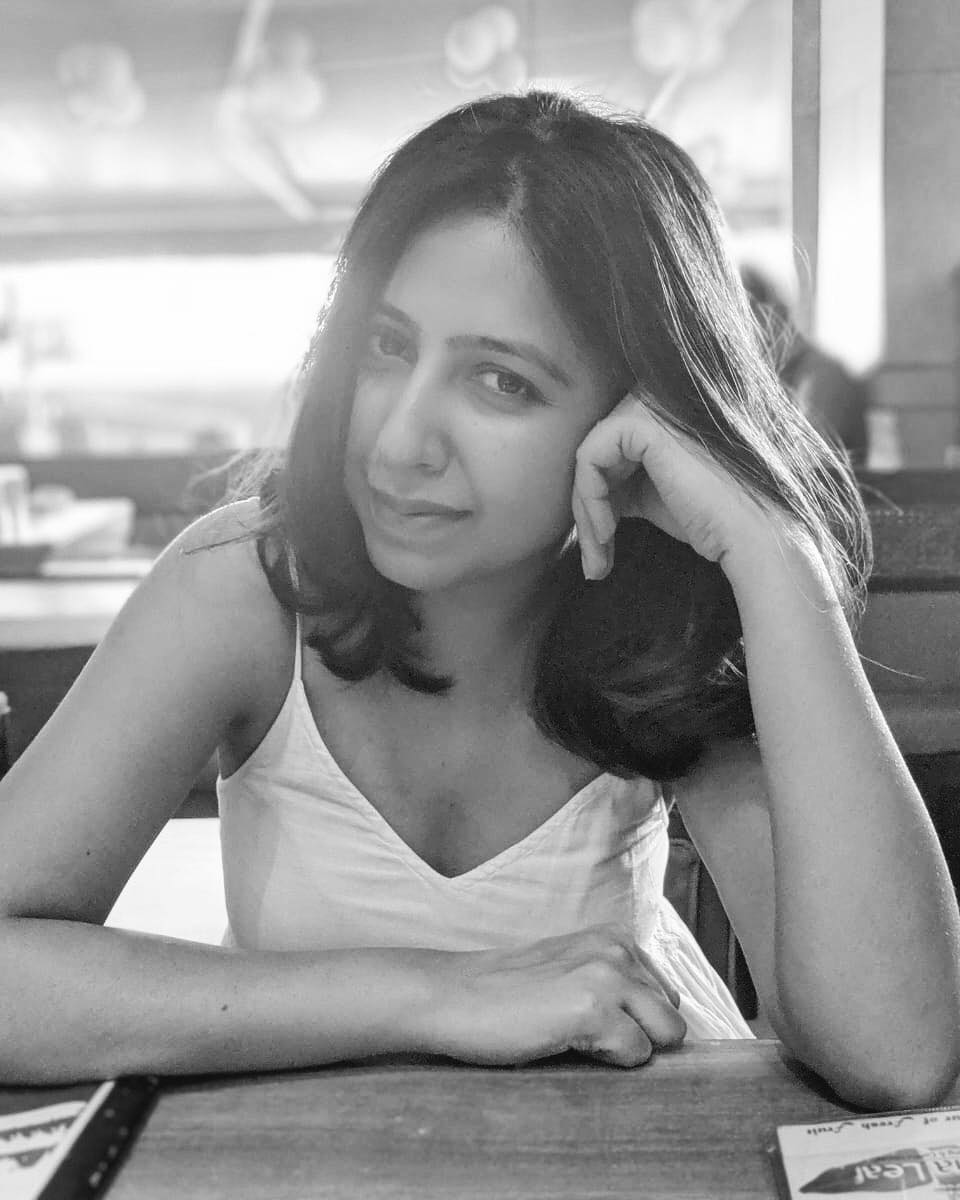
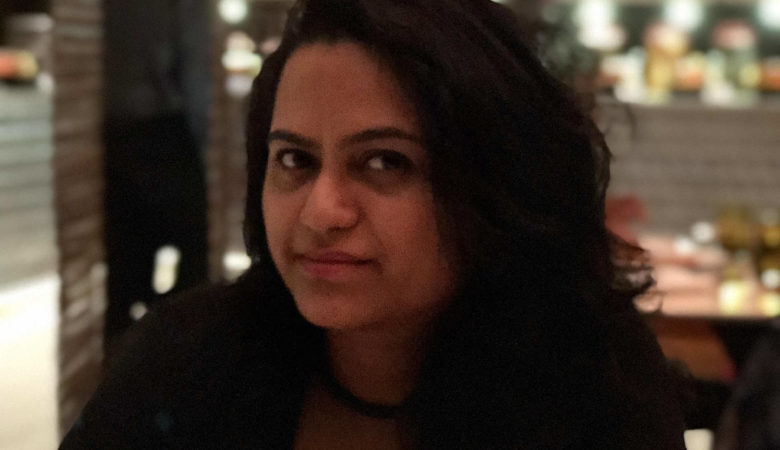
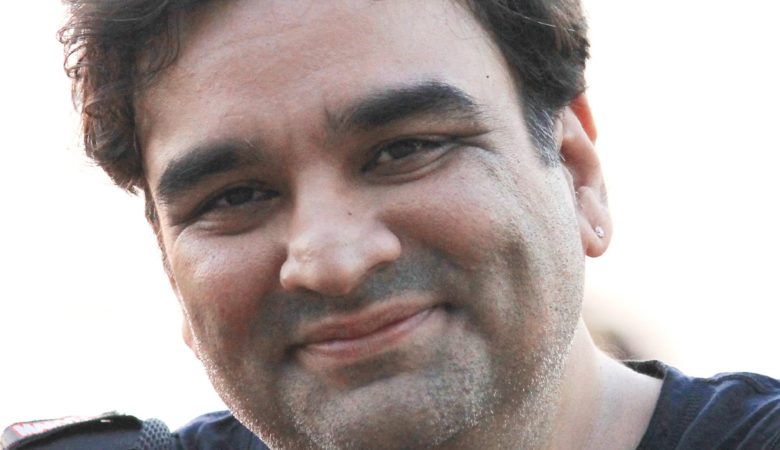
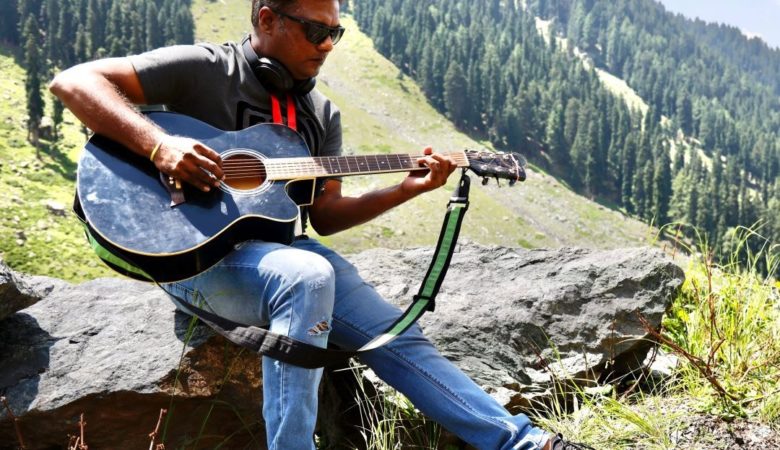
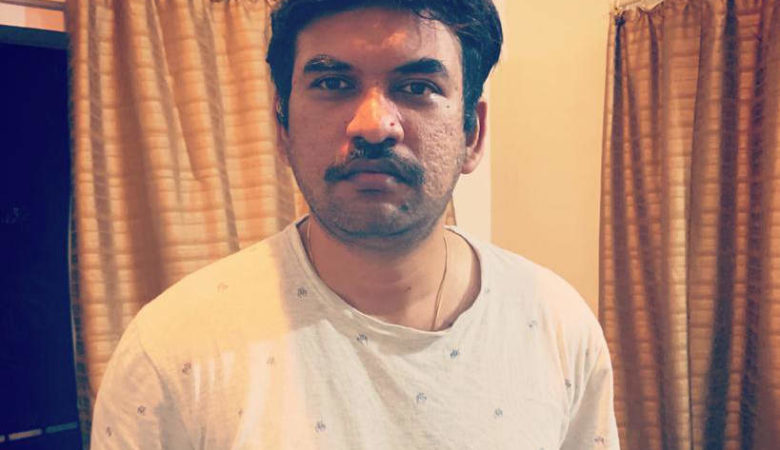

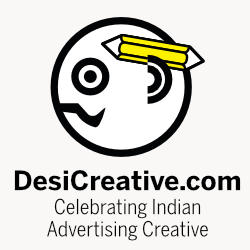
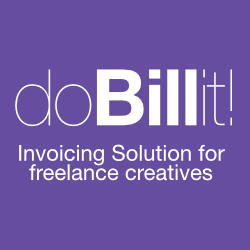
Leave a Reply